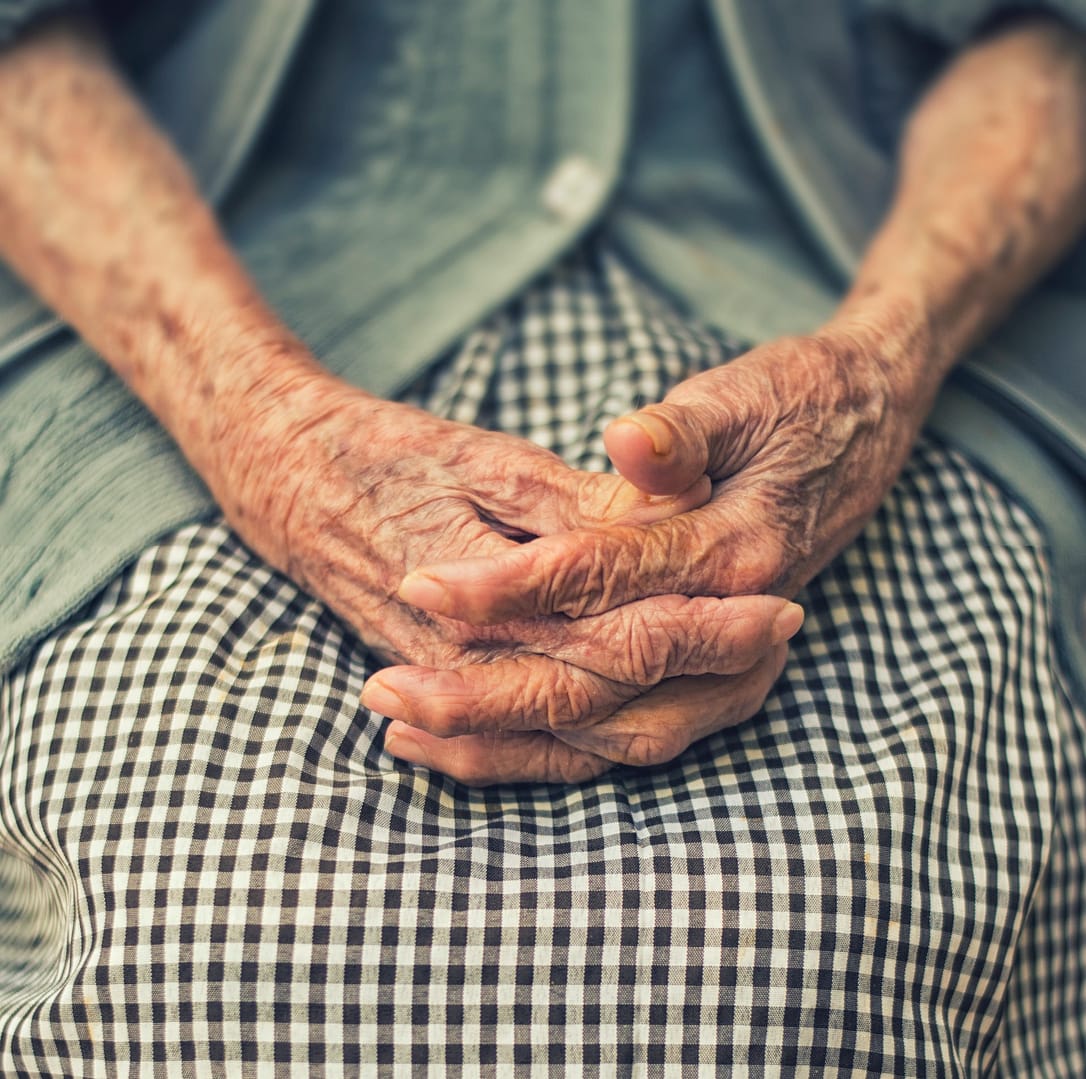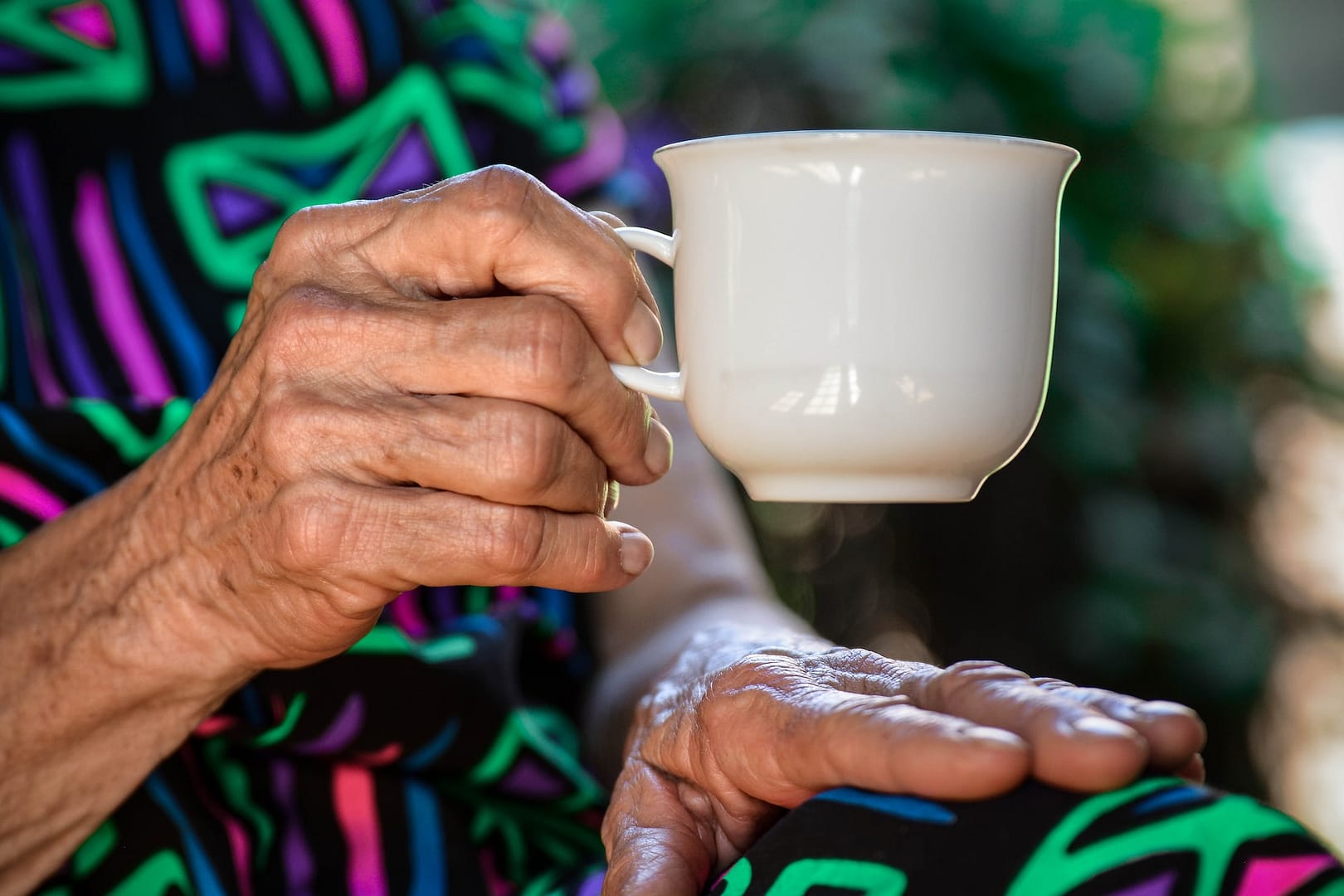In the realm of healthcare, ensuring that every patient receives the best possible care is paramount. Clinical negligence, a term often associated with medical malpractice, becomes even more significant when it occurs in care homes where vulnerable individuals entrust their well-being to professionals. In the United Kingdom, clinical negligence in care homes is a pressing concern, and understanding the concept of clinical negligence, its standards, and the consequences it entails is essential. Let’s delve into the intricacies of this critical issue.
Understanding Clinical Negligence in Care Homes
Clinical negligence, also known as medical negligence, pertains to instances when healthcare professionals fail to provide a standard of care expected within their field, resulting in harm or injury to the patient. In the context of care homes, this term encompasses negligence committed by staff members or healthcare providers responsible for the well-being of residents.
Clinical negligence in care homes can manifest in various forms, including, but not limited to:
Medication Errors
One common example of clinical negligence in care homes involves medication errors. Staff members may administer the wrong medication, incorrect dosages, or fail to follow proper protocols for dispensing medications. These mistakes can lead to severe health complications for the residents.
Pressure Ulcers
Pressure ulcers, commonly known as bedsores, can develop when residents are not regularly repositioned or provided with proper care. Neglecting to address this issue promptly is a clear sign of clinical negligence.
Falls and Fractures
Residents in care homes are often elderly or physically vulnerable, making them prone to accidents. Negligence leading to falls, fractures, or other injuries due to inadequate supervision or lack of safety measures is a serious concern.
Infections
Inadequate hygiene practices or insufficient infection control measures can result in residents contracting preventable infections, which is another form of clinical negligence.
Understanding these manifestations of clinical negligence is essential in assessing the quality of care in a care home. However, to address this issue effectively, it is equally important to establish a standard of care in clinical negligence cases.
The Standard of Care in Clinical Negligence Cases
In clinical negligence cases, the concept of a “standard of care” serves as the benchmark by which healthcare professionals’ actions are evaluated. The standard of care is the level of competence and expertise that is reasonably expected from a healthcare professional in a given situation. It takes into account the circumstances and the best practices within the field.
When it comes to clinical negligence in care homes, the standard of care should be set at a high level, considering the vulnerability of the residents. Failing to meet this standard can lead to legal consequences.
Let’s break down some of the key components of the standard of care in care homes:
Assessment and Planning
Healthcare professionals in care homes must conduct thorough assessments of residents to understand their unique needs and develop individualised care plans. Neglecting this crucial step is a violation of the standard of care.
Medication Management
Proper medication management is a critical aspect of care in care homes. This includes accurately administering medications, monitoring for side effects, and ensuring residents receive the correct dosages at the right times.
Preventative Measures
To uphold the standard of care, care homes must implement preventative measures to protect residents from accidents, injuries, and infections. This includes measures such as fall prevention protocols and infection control procedures.
Regular Monitoring
Healthcare providers in care homes should regularly monitor residents’ health and well-being. Any significant changes or issues should be promptly addressed to prevent further harm.
Training and Supervision
The staff in care homes should be adequately trained and supervised to ensure they meet the standard of care. Neglecting to provide proper training and oversight can result in clinical negligence.
By understanding the components of the standard of care, one can more easily identify instances of clinical negligence in care homes. It is crucial to hold care homes accountable for maintaining this standard to protect the well-being of their residents.
Consequences of Clinical Negligence in Care Homes
The consequences of clinical negligence in care homes can be devastating, not only for the residents but also for the reputation and legal standing of the care facility. Let’s explore the potential outcomes of clinical negligence.
Physical and Emotional Harm to Residents
Clinical negligence can lead to physical injuries, emotional distress, and a decline in the overall quality of life for residents. These effects are particularly concerning given that care home residents are often in fragile health.
Legal Ramifications
When clinical negligence occurs, legal actions can be taken against the care home or healthcare provider responsible. This may result in financial penalties and damage to the institution’s reputation.
Regulatory Oversight
Care homes are subject to regulatory oversight to ensure they meet certain standards of care. Instances of clinical negligence may trigger investigations by regulatory bodies, potentially leading to sanctions or closure of the facility.
Trust Erosion
Clinical negligence erodes trust in the healthcare system, as residents and their families lose confidence in the care provided by care homes. This trust is often difficult to rebuild once it has been compromised.
Financial Costs
Clinical negligence cases can be financially costly for care homes, involving legal fees, compensation to affected residents, and potential insurance premium increases. These expenses can significantly impact the financial stability of the facility.
Making a Clinical Negligence Claim with National Claims
At National Claims, we understand the importance of seeking justice and compensation for clinical negligence in care homes. We are here to guide you through the process of making a claim, providing you with the support and expertise you need to navigate this challenging situation. Our team is dedicated to helping you secure the compensation you deserve if you or a loved one has suffered due to clinical negligence in a care home.
Contacting National Claims
The first step in making a clinical negligence claim with National Claims is to get in touch with our team. You can reach out to us via our website, phone, or email. Our compassionate and knowledgeable staff will be ready to listen to your case and offer you guidance on the next steps.
Initial Consultation
Once you contact us, we will schedule an initial consultation to discuss the details of your case. During this consultation, you can provide us with information about the clinical negligence incident, its impact on your health or the health of your loved one, and any evidence or documentation you may have. This information is crucial for evaluating the strength of your claim.
Case Evaluation
Our experienced legal team will thoroughly review your case, assessing the merits of your clinical negligence claim. We will consider factors such as the standard of care, the specific instance of negligence, and the resulting harm to determine the viability of your claim.
Gathering Evidence
If we determine that your clinical negligence claim has merit, we will begin the process of gathering evidence to support your case. This may include medical records, witness statements, expert opinions, and any other pertinent documentation.

Conclusion
National Claims is committed to helping you seek justice and compensation for clinical negligence in care homes. We understand the physical, emotional, and financial toll that clinical negligence can take on victims and their families. By taking action and making a claim, you can hold those responsible accountable and secure the financial support you need for medical expenses, ongoing care, and other related costs.
Clinical negligence in care homes is a serious issue, and it is our mission to assist you in your pursuit of justice. Our experienced team is here to support you every step of the way, from the initial consultation to the resolution of your claim. Your well-being is our priority, and we are dedicated to helping you rebuild your life after a traumatic experience.
If you or a loved one has been a victim of clinical negligence in a care home, don’t hesitate to contact National Claims. We are ready to listen to your story and provide the legal representation you need to secure the compensation you deserve. Your path to justice begins here.
Contact us to get a start on your claim with us at National Claims and speak to one of our claims specialists today.
Click below to see why we are one of the most trusted claims management companies in the UK.

We’re proud of our excellent customer reviews
We thrive on delivering exceptional service and ensuring our clients’ satisfaction. Don’t just take our word for it. Check out some of our independent reviews to see what our clients have to say.
Excellent

This firm is excellent, they sorted out my car pay out and injury claim very fast, they always communicate with you all the time.

My accident case was dealt with confidence and with great result of the outcome, especially James kept me informed all the time.

I was very impressed at the way my inquiry was treated. I was listened to attentively and everything I needed to know was explained to me.






